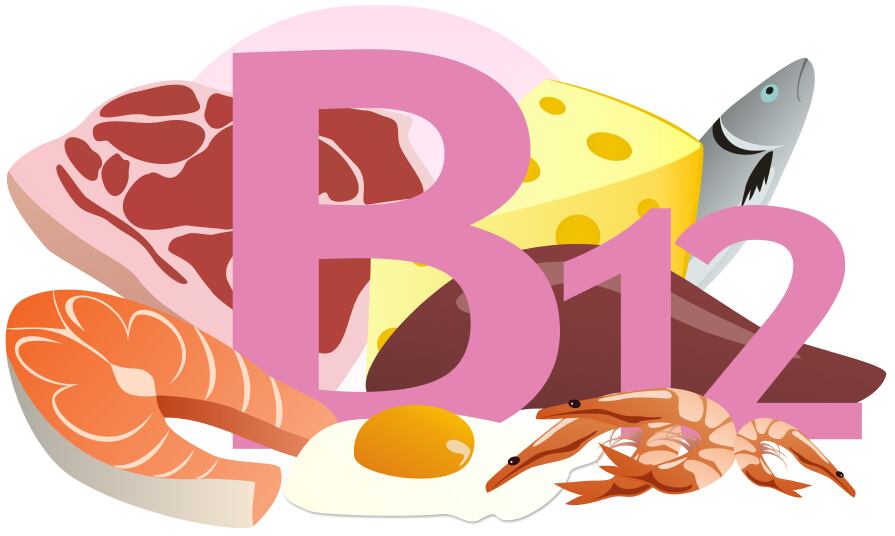Last week a Strasbourg plenary of Members of European Parliament (MEPs) voted to veto four health claims on caffeine because of concerns they would be used to create health halos over often sugary energy drinks.
“The vote of the European Parliament sends a clear signal to Monster Energy: health claims like ‘improves concentration’ or ‘contributes to the reduction of tiredness and fatigue’ have no place on its dangerous caffeine bombs,” Foodwatch campaigner Oliver Huizinga said.
“Children and adolescents already consume too many energy drinks, with disastrous health consequences. Monster Energy should not fuel this trend with profitable advertising claims.”
Foodwatch sent details of the campaign to Monster Energy, but is yet to get a response.
Monster Energy did not respond to our several requests for comment.
Industry reacted with frustration to the MEP decision it called politically not scientifically based - citing an European Food Safety Authority (EFSA) finding that 400 mg of caffeine a day and 200 mg in a single session ﴾two hours﴿ holds no health risks for adults generally.
Most 500 ml energy drink cans no more than 160 mg of caffeine or about two standard cups of coffee.
One industry consultant commented at the time that the veto would not shut down energy claims, and adding B vitamins to a drink would enable the legal use of similar energy claims.
The B-list
The addition of riboflavin (vitamin B2), vitamin B12 or vitamin B6 means a product can be legally marketed to “contribute to the reduction of tiredness and fatigue”.
The EFSA-approved and politically okayed claims have not gone unnoticed by the likes of Monster Energy, which has used the claims as political turmoil around the caffeine claims continue.

Huizinga told us last week’s veto of the caffeine claims was a step in the right direction for consumer protection, but was not enough to ensure consumer protection.
“We must put an end to these practices. Companies should not be allowed to use health claims for advertising unhealthy foods,” he told us following the vote.
Now the group was calling for Monster Energy to ‘voluntarily’ remove caffeine claims (alertness, concentration), B vitamin claims (tiredness and fatigue) and a carbohydrate electrolyte claim (maintenance of endurance performance) on its ‘Monster Rehab Lemon’, ‘Monster Rehab Green Tea’ and ‘Monster Absolutely Zero’ products.
While the MEP vote is not legally binding for industry, Foodwatch says the demand for change was clear.
The four on-hold caffeine claims can be used legally until an official decision on their final approval or rejection is made, providing they fall in line with national legislation.
The irony of last week’s MEP vote is that an attempt to curb caffeine claims has left them unregulated until a new Commission proposal is formulated.
Claim clever
Huizinga said Monster was targeted in the campaign because a quick market check in one supermarket in Germany suggested that it was the only brand using the health claims.
He said in Germany Red Bull had previously used the B-vitamin claims but since 2013 the company had switched to more general claims, which did not come under the health claims regulation: “Weltweit geschätzt von Spitzensportlern, Studenten, in stark fordernden Berufen sowie bei langen Autofahrten.“
In English this roughly translates to: “Globally appreciated by athletes, students, those in highly demanding professions and on long trips.“
Under 18s
Foodwatch continues to push for a ban on the sale of energy drinks to under 18s – as already seen in Latvia and Lithuania.
Its petition for this has so far garnered 29,385 signatures.

However the German minister of food and agriculture Christian Schmidt continues to reject this idea.
Foodwatch criticised the German government’s decision instead to begin a public campaign it says is backed by €100,000 in tax-payer money.
There does not appear be political appetite for an under-18s sales ban on the EU stage either.
Even the Danish Socialist MEP Christel Schaldemose, who tabled the motion for the caffeine claim veto, has repeatedly said she is not seeking an outright ban but restrictions on the marketing of energy drinks to children and adolescents.
